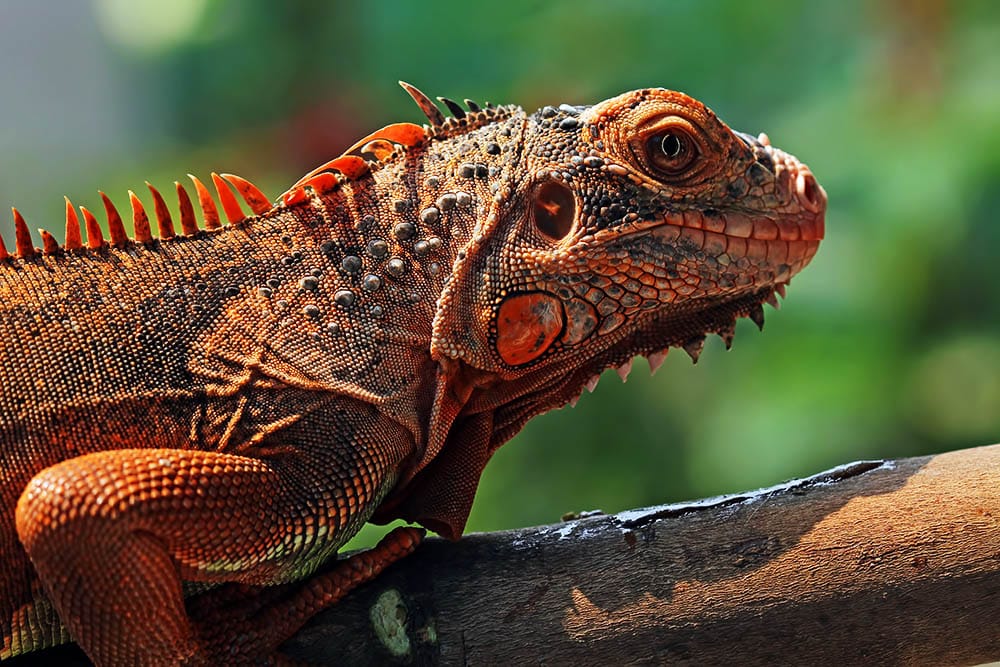The animal kingdom is filled with an endless array of captivating creatures. From the tiniest insects to the largest mammals, the diversity of life within this realm is truly astonishing. However, beyond their appearance and behaviors lie even more wonders to explore – the fascinating world of animal biology. Join us as we embark on a journey to understand and appreciate the complexities of the animal kingdom.
The Science of Animal Biology
Animal biology is the study of the structure, function, behavior, evolution, and ecology of animals. It encompasses a broad range of scientific disciplines such as anatomy, physiology, genetics, ecology, and behavior. Through the study of animal biology, scientists seek to understand the unique adaptations that allow animals to survive and thrive in their respective environments.
The Importance of Animal Biology
Understanding the biology of animals is crucial to human survival and development. Many breakthroughs in medicine and technology have been made possible through the study of animals. For example, insulin, a hormone used to manage diabetes, was first discovered in dogs. The structure of DNA was also revealed through the study of various animals, including viruses, bacteria, and mice.
Furthermore, the study of animal biology helps us understand the interconnectedness of all living things. From the small insects that pollinate our plants to the large predators that keep ecosystems in balance, animals play vital roles in maintaining the health and stability of our planet.
Exploring Animal Adaptations
One of the most captivating aspects of animal biology is the incredible adaptations that animals have developed to survive in their environments. These adaptations can be physical, behavioral, or physiological.
Physical adaptations include structures such as wings, fins, teeth, and claws, which animals use to hunt, defend themselves, or navigate their environment. A prime example of physical adaptation is the giraffe’s long neck, which allows it to reach leaves that other herbivores cannot.
Behavioral adaptations involve learned or instinctive behaviors that help animals thrive. Many animals have developed complex social behaviors to communicate and cooperate with their own kind. For instance, meerkats take turns keeping watch for predators while the rest of the group forages for food.
Physiological adaptations are internal changes within an animal’s body that help them survive. For instance, camels have evolved the ability to store large amounts of water and fat in their humps, allowing them to survive in harsh desert environments.
The Role of Genetics in Animal Biology
Genetics plays a crucial role in animal biology. It is the study of how genes are passed down from generation to generation and how they influence an animal’s traits and behaviors. Scientists have discovered many genetic factors that affect animal traits such as coat color, size, and shape. Additionally, genetics can influence an animal’s susceptibility to disease and its resistance to environmental stressors.
Genetics also has important implications for the conservation of endangered species. By studying the genetic makeup of a species, scientists can identify individuals with unique genetic characteristics that may be critical to the survival of the population. This information can then be used to develop targeted conservation strategies to protect these individuals and their offspring.
The Threats Facing the Animal Kingdom
Despite the incredible adaptations and vital roles that animals play in our world, there are many threats facing the animal kingdom. Habitat loss, climate change, pollution, and overexploitation are just a few of the challenges that animals are facing today. These threats endanger the survival of entire species and can have far-reaching impacts on entire ecosystems and even human societies.
How You Can Help
Fortunately, there are many ways that we can help to protect and conserve the animal kingdom. One of the simplest and most effective ways is to support conservation organizations through donations and advocacy. These organizations work to protect habitats, conduct research, and raise awareness about the importance of preserving the diversity of life on our planet.
Additionally, you can make simple changes in your daily life to reduce your impact on the environment. For instance, reducing your use of single-use plastics, conserving water, and choosing sustainable products can all help to protect the planet and its animal inhabitants.
Final Thoughts
The animal kingdom is a marvel of biological diversity and complexity. Through the study of animal biology, we can appreciate the incredible adaptations that have allowed animals to thrive in a wide array of environments. Furthermore, the study of animal biology has important implications for human health and survival and for the conservation of endangered species. By working together to protect the animal kingdom, we can help to ensure a healthy and sustainable future for all living things.
- Join the Movement for Ethical Treatment of Animals in Agriculture: How We Can Make a Difference Together - 28 de mayo de 2023
- Take Action Against Animal Pollution: Protect Our Wildlife! - 28 de mayo de 2023
- Powerful Prose: The Importance of Animals in Literature - 28 de mayo de 2023



